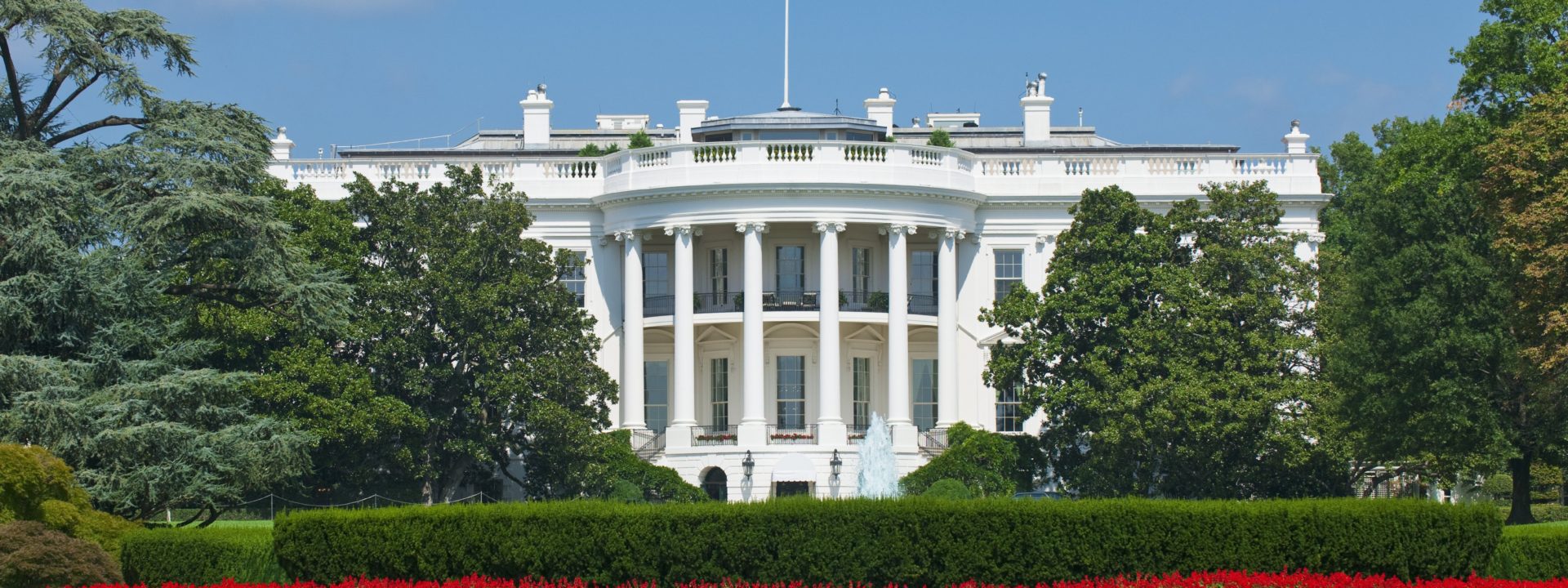Author of the article: Martin Pelletier
As we approach the U.S. election in November, many are wondering if it’s worth undertaking some proactive repositioning when it comes to their portfolios.When looking at the previous 23 election years, markets have been positive in 19 of those years or 83 per cent of the time. The four years that they were not were 1932, 1940, 2000, and 2008. Interestingly, all of those years had major events including the Great Depression, Second World War, the bursting of the tech bubble and the great financial crisis. Given the ongoing pandemic, one has to wonder if the same situation will play out this election year.
In regards to the candidates, not only is Democratic candidate Joe Biden leading in the polls but if history is any precedent, current President Donald Trump could be in trouble: only one president, William McKinley, has won a re-election when a recession has occurred during the last two years of their first term. That said, we wouldn’t discount the Trump wildcard factor, which left the majority of the pollsters embarrassed four years ago.
When it comes to the impact on U.S. markets, we think a Biden win and Senate sweep would be viewed as a near-term net negative, especially given his plans to hike corporate tax rates from 21 per cent to 28 per cent, and individual tax rates to 39.6 per cent from 37 per cent and treating capital gains and dividends as ordinary income.
That said, more fiscal spending directed to those in the low and middle income brackets could help drive consumer spending and ultimately help drive inflation that has been missing from the economy for the past decade. The big question is will it be enough to offset the tax hikes, especially if implemented during such a fragile economic period.
The big tech stocks could also be in the sights of a Biden government when it comes to antitrust legislation and enforcement, which is pretty important to market participants considering these stocks currently encompass 27.5 per cent of the S&P 500.
Then there are the remains of the U.S. energy sector, which would face much greater environmental regulation (and that includes pipelines). Energy, however, now only represents 2.8 per cent of the S&P 500.
On the flip side, any added regulations could help push the over-supplied sector closer to balance — a flight of capital away from U.S. shale could be a big plus for other jurisdictions. This could be an opportunity for Canada to diversify globally, with the Keystone pipeline likely facing more hurdles under a Biden administration.
Looking out longer-term, we believe Biden and the Democrats would offer more stability when it comes to global trade and immigration. This would be great news for investors positioned in countries and regions that are large trade partners with the U.S., including Canada, Mexico and EAFE. Perhaps this helps explains why the Euro has recently rallied against the U.S. dollar.
Should Trump win, continued low taxes and market friendly policies in the midst of a recession would be a positive for stocks. That said, we do worry about his wildcard factor and the potential for more unexpected surprises that could disrupt U.S. markets, such as the mishandling of the ongoing pandemic. Also, if Main Street’s economic position doesn’t improve and the inequality gap continues to widen, there could be further instability.
Finally, the Trump government’s anti-trade positioning isn’t good for international economies and we believe could lead to more of the same tech-heavy oligopolistic growth among the FANG stocks and other tech giants.
For Canadian investors, we think the safer bet is to trim back one’s U.S. weightings ahead of the election, which probably should be done anyway given that region’s outperformance this year, and rebalance abroad into EAFE and emerging markets.Before deciding whether to reallocate some of this back into the Canadian market, we are facing the potential for our own election this fall and therefore recommend undertaking the same kind of analysis as to potential outcomes and impacts here. This would be especially prudent if this week’s Throne Speech does indeed contain spending measures of the scale that has been rumoured in recent days. Those could create an entirely different set of risky scenarios that Canadian investors will have to deal with.
THE U.S. ELECTION IS FAST APPROACHING, AND IT COULD HAVE A HUGE IMPACT ON INVESTOR PORTFOLIOS
